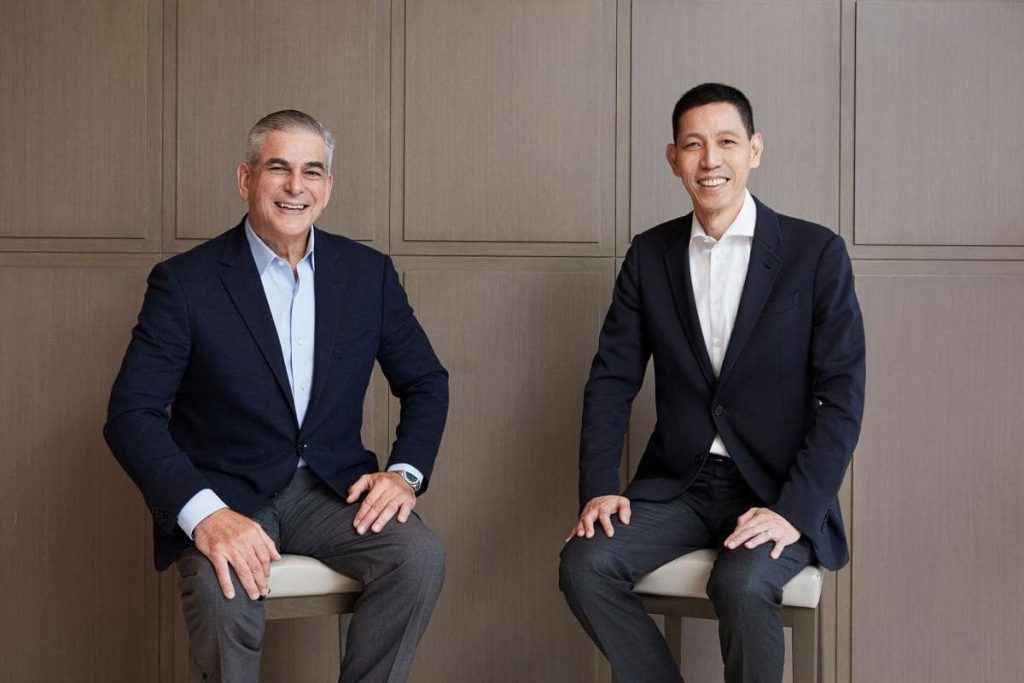Makati, Philippines — October 28, 2019 Ayala Chairman and CEO Jaime Augusto Zobel de Ayala believes that the Philippines, which has often been overlooked as an investment destination in ASEAN, is more than ready to compete on a global scale. This, after the country has remained resilient amidst external shocks with 82 consecutive quarters of steady economic growth since 1999, including solid performances even after the 2008 global financial crisis. The country’s purchasing power has also grown, with GDP per capita expanding by 3% CAGR over the last five years, reaching US$3,100 in 2018. All these factors, coupled with stable interest rates that support favorable borrowing costs for foreign investors, are the critical pieces that will further sustain the Philippines’ growth.
“It is only in the recent years that the Philippines has begun to get noticed. Traditionally, [our country] is not the investors’ first choice—they go to Vietnam or Thailand. But if they look at the actual results, it’s been very positive. And for Ayala, I think part of the reason that we have grown fairly strong in the last couple of years is that we have kept reinvesting in the country, and the return has been good. With a stable currency, we’ve compounded above average returns over the years,” Zobel said.
According to ADB and the World Bank, a developing country could reach high-income status if its manufacturing output and employment is sustained at 18% over a period. Zobel believes that the Philippines has the ingredients necessary to take advantage of this trend and become an emerging force in electronics manufacturing. The country’s young, skilled, highly mobile and English-speaking workforce (average age of 24 years) is seen as a competitive advantage amidst the advent of the Fourth Industrial Revolution. Furthermore, the current administration’s push for infrastructure development and favorable incentive schemes for manufacturers provide the necessary conditions to allow the Philippines to succeed in this sector.
AC Industrials’ Integrated Micro-Electronics, Inc. (IMI), Ayala’s high-tech manufacturing arm, is poised to lead this sector in the country. In 2018, IMI ranked 18th in the top 50 list of EMS Providers and the 5th largest EMS Provider in the automotive market.
Taiwan’s Sercomm Corporation is also among those that have successfully benefitted from the steady rise of Philippine manufacturing. It has employed hundreds of Filipinos for more than a decade. Founded in 1992, Sercomm is developing broadband customer premise equipment for global telecom service providers. Sercomm President James Wang echoed Zobel’s insights in the attractiveness of the Philippines as an investment destination. He added, “with [the Philippines’] proximity to China’s coastal provinces and Taiwan, its geographic advantage helps me manage my supply chain clusters and manage risks in doing business.”
Zobel and Wang participated in the Harvard Business School Asia-Pacific Advisory Board (APAB) held recently in Taipei. Zobel chairs the APAB and Wang chairs the Harvard Business School Association of Taiwan.
About Sercomm Corporation: www.sercomm.com/contpage.aspx?langid=1&type=info&L1id=1&L2id=1

Sercomm President & CEO James Wang
